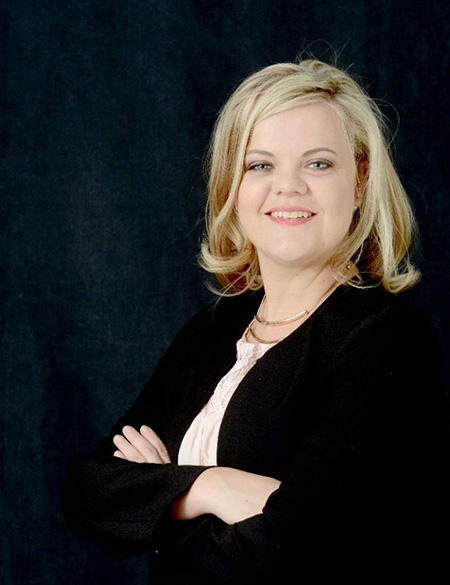Prof Leenta Grobler, deputy director of the Business School at the North-West University, explains why it is imperative that the 2024 school governing body elections must be characterised by informed decisions.
“As we approach the 2024 school governing body (SGB) elections in South Africa, it is essential to understand the profound impact these bodies have on the operation and culture of our schools, and ultimately on the quality of the education our children receive. Reflecting on my journey as a parent and my professional insights as the deputy director at the NWU Business School, I have come to recognise the critical role of informed participation in these elections.
In past years, my engagement with SGB elections was minimal, driven more by familiar names than an understanding of what the roles entailed. Like many parents, I was ensnared by misconceptions that SGB positions were sought for personal gain rather than the altruistic goal of enhancing educational standards. However, my perspective has shifted significantly. No longer do I see these elections as mere formalities; instead, they represent a vital opportunity for impactful governance in our schools.
The reality is that SGBs are instrumental in shaping the educational environment – from curriculum alignment and school policies to infrastructure management and staff appointments. These responsibilities go far beyond the trivialities that rumours and misconceptions often suggest. The SGB is the platform where concerns such as curriculum issues, bullying and the respect between teachers and learners can be addressed effectively, ensuring the best interests of the school and its learners are always a priority.
This year, more than ever, it is crucial that we move beyond personal acquaintances when casting our votes. The pending Basic Education Laws Amendment (BELA) Bill will introduce changes that demand SGB members who are knowledgeable and capable of navigating new governance landscapes. Our votes must support candidates who possess the skills to implement good governance practices, akin to those outlined in the King IV report, irrespective of whether such standards are mandated.
The centralising tendencies of the BELA Bill necessitate the election of SGB members who are adept at legal work, policy analysis and advocacy. The emphasis should be on electing individuals who can balance national legislation requirements with the unique needs of their school communities, ensuring that every child's right to a quality education is upheld.
Drawing parallels between effective corporate governance and school governance reveals the importance of principles such as ethics, accountability and stakeholder engagement. Applying these principles within SGBs can significantly enhance the decision-making process, ensuring that schools operate not only with transparency but with a clear focus on delivering educational excellence.
Awareness and engagement are critical in ensuring a high turnout and an informed voting process. As we navigate these elections, it is paramount that we utilise every available platform to educate and mobilise our communities. The NWU Business School stands ready to support, equip and train elected individuals, reinforcing the importance of community involvement in school governance.
My vision for the future of school governance in South Africa is one where engagement extends beyond the SGB elections. It envisions a community where every parent, educator and
stakeholder takes an active role in the continuous improvement of our educational institutions. This collective effort can transform our schools into environments that not only confront challenges but also foster innovation and excellence.
As we edge closer to the 2024 SGB elections, let us recognise the power of our participation. This is not merely an opportunity to vote, but a call to contribute to the foundational aspects of our education system. Let us choose candidates who embody the principles of effective governance, those who are prepared to advocate for the best interests of our children and their future.
The forthcoming SGB elections are a crucial juncture in our journey towards educational excellence. By participating actively and making informed choices, we can ensure that our schools are led by individuals committed to fostering an environment where every learner can thrive. Let us turn out in record numbers, fully informed and fully committed, to shape the education landscape in South Africa positively.”

Prof Leenta Grobler
